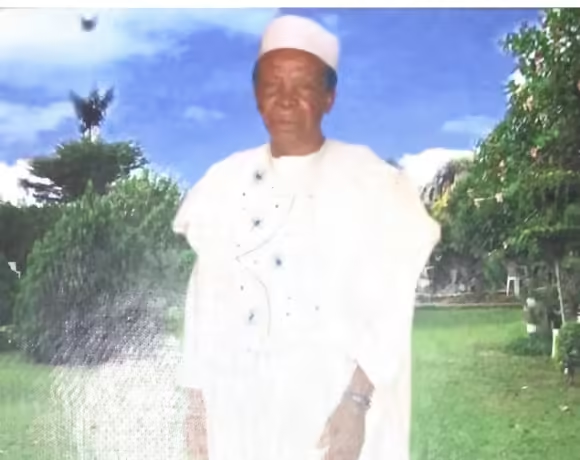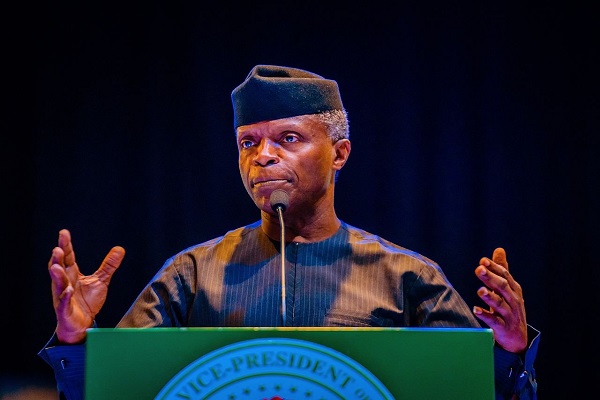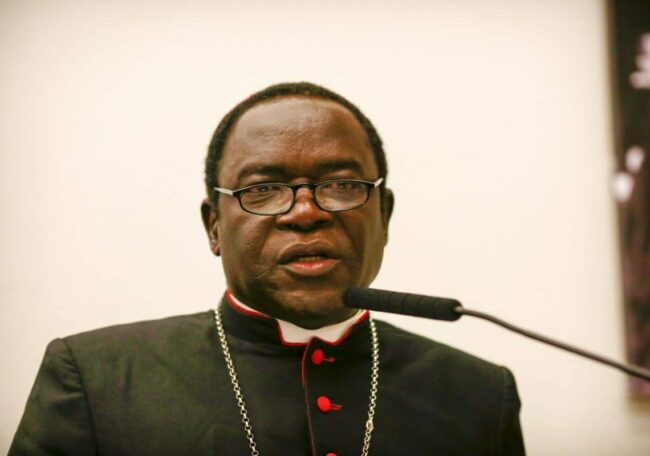Is Nigeria a failing state?
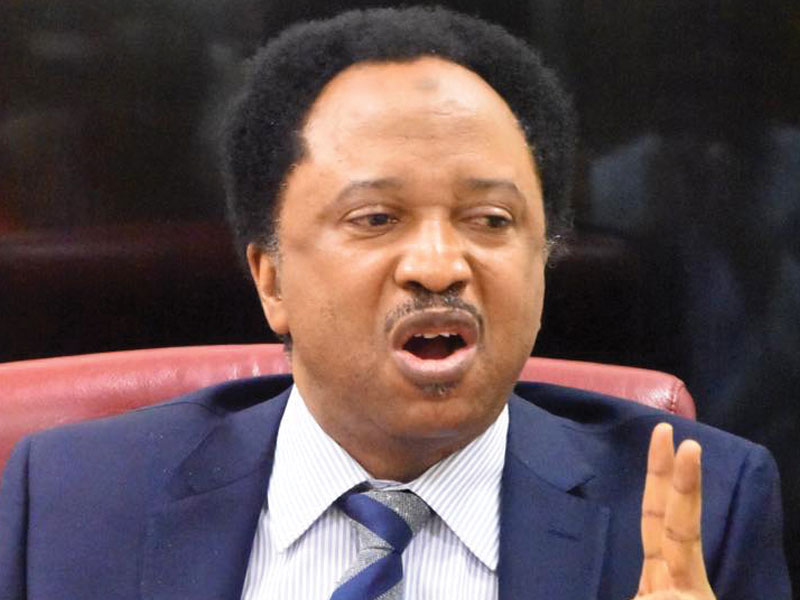
Senator Shehu Sani, representing Kaduna Central, mentioned the forbidden word ‘fail’ in his statement in reaction to the killing of Faye Mooney, a Briton, and two other persons at Kajuru Castle last week. One of the two was Matthew Oguche, a 27-year-old, agriculture enthusiast.
Senator Sani remarked thus, “The North has lost its peace and its freedom under the reign of kidnappers and bandits. Kidnappers stalk and prowl our land, the clouds of death and ransom hangs over our heads. When violence, deaths and disorder reign supreme and continues unabated, it’s either the government failed or the nation is failing or both…”
No doubt, Nigerians are living in very dangerous times and territory, as Boko Haram, bandits and kidnappers have taken control of many parts of the country, especially the North-East and North-West. Apart from these huge sections of Nigeria, rural communities in many parts of the country are vulnerable to bandit attacks and killings, as in some states, farmers decide whether to practice their trade or lose their lives to bandits. Thousands of Nigerians have been sacked from their ancestral homes and made to live in Internally Displaced Persons (IDP) camps.
So, is Nigeria a failing state? Encyclopaedia Britanica defines as failed state as: “a state that is unable to perform the two fundamental functions of the sovereign nation-state in the modern world system: it cannot project authority over its territory and peoples, and it cannot protect its national boundaries. The governing capacity of a failed state is attenuated such that it is unable to fulfill the administrative and organizational tasks required to control people and resources and can provide only minimal public services. Its citizens no longer believe that their government is legitimate, and the state becomes illegitimate in the eyes of the international community.”
The two cardinal indicators, based on the above definition, are (i) ability to project authority over territory and peoples and (ii) ability to protect national boundaries. It is clear that Boko Haram and bandits are making it difficult for security agencies to proudly assert their authority over some territories in Nigeria. But that does not mean that Nigeria is a failed state as such, because the country is still able “to fulfil the administrative and organizational tasks required to control people and resources and can provide only minimal public services.” Also, Nigerians believe that the current government is legitimate, and the international community recognizes its authority.
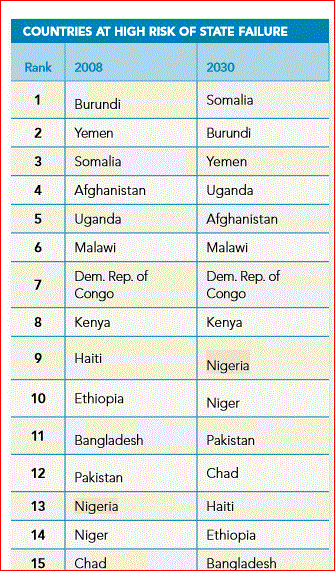
However, Nigeria is in a dangerous state, being categorized among 15th out of 177 countries on Failed States ranking. Scholars have argued that “weak states are unable to fulfil the function of security, causing distrust between individuals and groups that can lead to what [is called] an ‘internal arms race.’ In today’s Nigeria, individuals and communities are engaging in self-help by deliberately acquiring weapons in order to protect themselves and their territories. The Nigeria Customs Services, police and other security agencies have intercepted cache of arms, either being smuggled into Nigeria or being fabricated locally, for offensive or defensive purposes.
The US National Intelligence Agency, in a report titled Global Trends 2030, categorized Nigeria as one of the countries at the ‘high risk of failure’ by 2030. In the report, Nigeria was Number 13 on that list in 2008, but by its projection, it would jump to Number 9 by Year 2030. Other countries in that environment are war-weary states like Somalia, Afghanistan, Yemen, Burundi, Democratic Republic of Congo (DRC), Niger, Chad and the like. Ordinarily, Nigeria should not belong to this class, considering the country’s human and material resources. The same report projects that countries like South Korea, Indonesia, India, which gained political independence at the same period as Nigeria, would grow stronger and move up on economic scale.
The US Fund for Peace and Foreign Policy magazine have published Failed States Index since 2005. They have provided several indicators of failed, weak or fragile states. The social indicators of failed states include: mounting demographic pressure (population surge), massive movement of refugees or internally displaced persons (IDPs), legacy of vengeance-seeking group grievance or group paranoia and chronic/sustained human flight. The political indicators include progressive deterioration of public services; widespread violation of human rights/suspension or arbitrary application of human rights; rise of factionalization of elites; intervention of other states. Using the above criteria and more, the Fund for Peace and Foreign Policy has categorized Nigeria among 20 countries that are at the risk of failure. In 2007, Nigeria was Number 17 out of 20 countries. In 2008, Nigeria dropped to Number19; in 2009, it scaled up to Number 15.
If Nigeria must come out of this danger, certain things should be done urgently. Top on the list is the need to properly police Nigeria. In many parts of the country, there is absolutely no governance or government presence. Vice President Yemi Osinbajo’s proposal for the establishment of state police seems to be the meaningful way out. States should urgently set up their own police force. They should recruit and train thousands of youths to take over security in all parts of the country. In some local governments, there are not more than 100 policemen, therefore, when any part of such a local government comes under attack, the peasants are left at the mercy of killers. Where there are police officers, they are either ill-equipped or too few in number to challenge such criminals. Nigerians should not be so vulnerable.
Secondly, the country should take advantage of technology and build a data bank where the profile of every Nigerian is stored. As it stands today, a person could commit a crime in Lagos and escape to Ondo State to live his normal life without being detected. He commits another crime there, and still there is no way for security agencies to link him to his previous crimes unless he is tortured and made to confess. In the 21st Century, that is not how to police a country. There is an urgent need to harmonize all the biometric data collected on all platforms into a common data bank, such that if a man commits a crime, his finger print would expose his profile and previous engagements. It is as a result of the lack of data that bandits, armed robbers, Boko Haram fighters and other criminals are seen as superhuman or mysterious beings. If they are Nigerians, it should be easy to trace them to their roots.
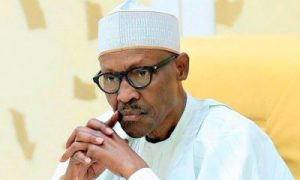
As Buhari plans to begin a new tenure in May, he should not mouth security; he should put in place structures that can secure Nigeria.
The Insight Report
Nigeria Coverage

